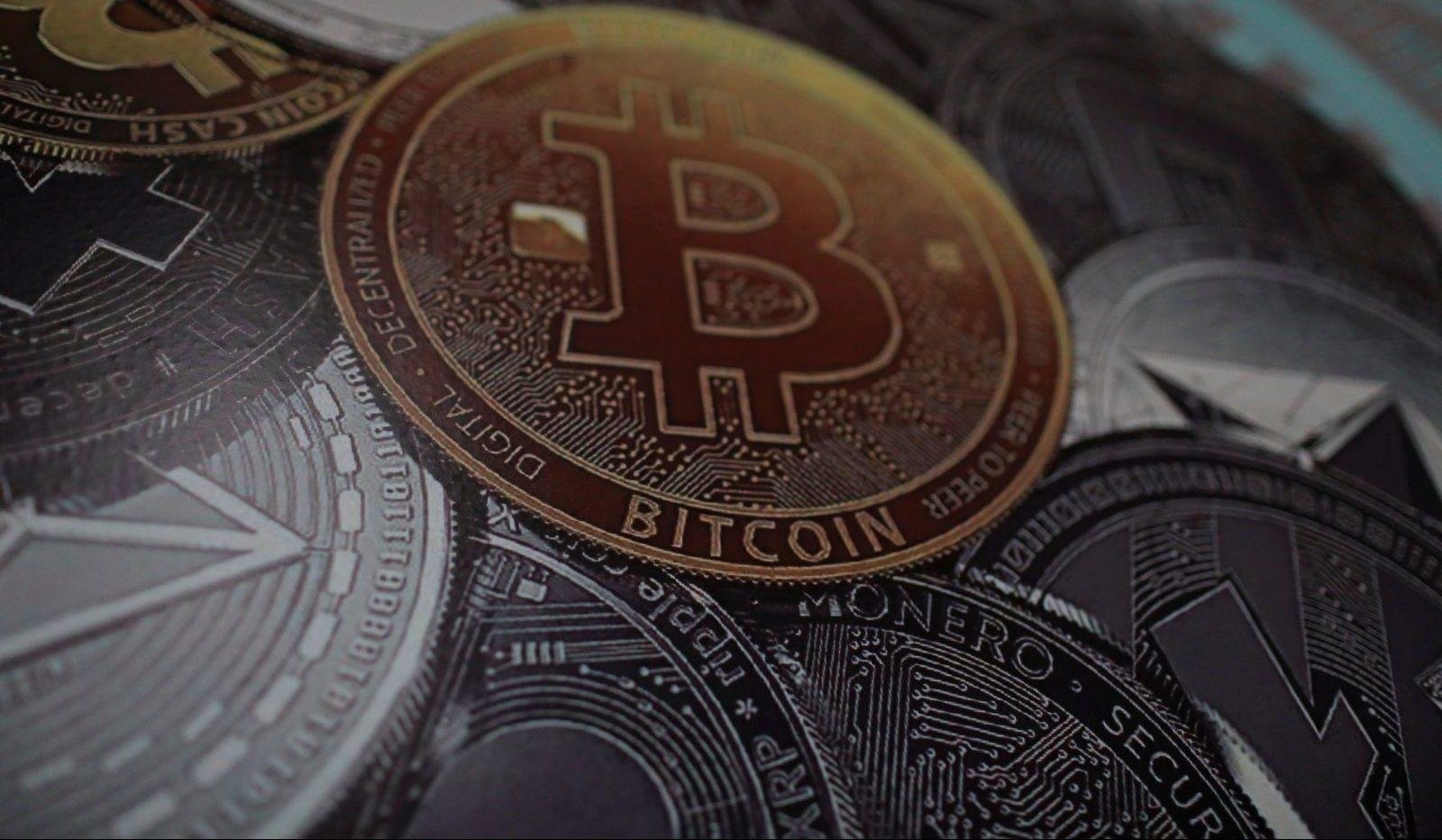Cryptocurrency
Why India should not treat cryptocurrencies like Ola and Uber
An international legal firm has sought to allay the Indian government’s fear of cryptocurrencies. As with any emerging technology, their potential benefits will eventually outweigh the associated risks and concerns, it has told a panel vetting the country’s official policy on digital coins.
“Like electricity, railways, telecommunications, motor vehicles, aircraft, mobile phones, and the internet in the past, many are today concerned about the risks posed by cryptoassets,” says a submission made by the international law firm Nishith Desai Associates to the Subhash Chandra Garg panel set up by India’s finance ministry in November 2017.
“Crypto-assets bring substantial benefits and risks, and in the early stages of the technology, the risks may appear to outweigh the benefits,” the firm says.
Sent to the government last December and presented in a meeting earlier this month, these recommendations were made public yesterday (Jan. 28).
The firm, which has represented several cryptocurrency exchanges till now, cited the example of ride-hailing apps such as Uber and Ola, which are immensely popular in India but were threatened in the past with bans by various state governments. A similar ban on crypto assets may increase money laundering and illegal transaction risks, it argued.
India’s policies are largely hostile to the virtual currency ecosystem. While the government was expected to stipulate regulations for the industry by March 31, 2018, there is no predetermined timeline for the task.
Meanwhile, there are indications that the use of blockchain—the technology that underpins cryptoassets and a host of other applications—may be allowed in the country, but not virtual coins themselves. This, however, may not be a tenable idea.
“Blockchain without cryptoassets is a severely hampered system since cryptoassets create the incentive for decentralisation, the very innovation of blockchain technology… Aiming to do so would be like allowing the internet, but not websites or emails,” Nishith Desai Associates has told the Garg panel.
Cryptocurrencies are being adopted even in blockchain-enabled government projects in India, the report noted. For instance, the local government in a district in West Bengal has been using blockchain technology for an implementation relating to birth certificates, which is a non-financial use case, and even that uses a crypto token.
For the over 1,500 cryptoassets that exist in India today, a multi-pronged approach would work best, the law firm says. These assets can be divided into payment tokens (almost exclusively used for value transfer), security tokens (representing rights in physical property, company shares, or other underlying assets), and utility tokens (that grant right of access to a digital product or service).
Security tokens can be regulated by market regulator Securities and Exchange Board of India under the Companies Act, the report said. Current regulatory gaps can be plugged by making anti-money laundering laws and know your customer (KYC) norms more stringent and finetuning the Information Technology Act and the taxation structure, it added.
“There are businesses which are operating under their own code of conduct and they don’t fall under any regulation right now. Therefore, a licensing regime should be introduced to ensure better standardisation and accountability” Jaideep Reddy, a senior member of the law firm and one of the authors of the report, told Quartz.
Only time will tell if the Garg committee will consider these suggestions or not.
-
Health6 days ago
Is Drinking Cold Water Bad for Your Health? Understand the Benefits and Risks
-
Money2 weeks ago
How to File ITR Online Without a CA in 2025 – Step-by-Step Guide
-
Cryptocurrency3 weeks ago
Why You Should Never Buy Celebrity Memecoins | Crypto Scams Explained
-
Money3 weeks ago
Oswal Pumps IPO: Date, Price, GMP, Allotment & Full Review
-
Beauty1 week ago
Real Reason Behind Dark Underarms: Health Warning Signs, Not Just a Beauty Concern
-
Money5 days ago
Best SIP Mutual Funds 2025: Top 10 High-Return Schemes with up to 27% CAGR
-
Money3 weeks ago
HDB Financial IPO 2025: Dates, Price, Review & Allotment Details
-
How to1 week ago
Transform Your Photos into Stunning Studio-Style AI Portraits with ChatGPT in 3 Simple Steps



























